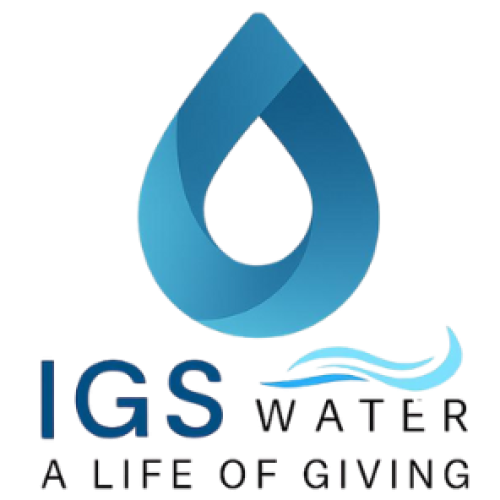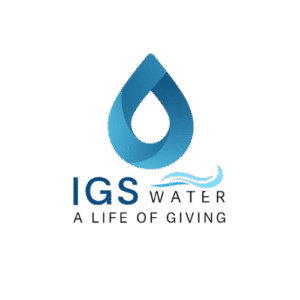Water is one of the most important elements on earth. It supports life, shapes ecosystems, and influences the health of plants, animals, and people. When water quality is poor, everything depending on it feels the impact. When water is clean, balanced, and oxygen-rich, growth and health improve across all levels of the environment.
Understanding how water affects plants, fish, and humans is essential for farmers, aquaculture operators, industries, and communities. Even at IGS Water, we have seen how improvements in water conditions can transform an entire system. But beyond technology, the foundation is knowledge—knowing why water quality matters and how it influences life.
Below is a deeper look into how water quality affects plants, fish, and human health.
How Water Quality Affects Plant Health
Plants depend on water not only for hydration but also for nutrient absorption and overall growth. Poor water quality can limit these processes and slow development.
- Nutrient Uptake
Clean and oxygenated water helps plant roots absorb essential nutrients like nitrogen, potassium, and calcium. When oxygen levels are low, roots struggle, and nutrient absorption becomes weak. - Root Development
Stagnant or contaminated water can suffocate roots. With low dissolved oxygen, roots become prone to disease and rot. Healthy water encourages stronger, deeper root systems that support better growth. - Soil and Irrigation Compatibility
Water high in salts, chemicals, or harmful organisms can damage soil quality. Over time, this affects crop yield and soil fertility. Farmers benefit when irrigation water is clean, balanced, and aerated, allowing the soil ecosystem to stay healthy. - Resistance to Stress
Plants grown with high-quality water have better resistance against pests, heat, and drought stress. Water quality directly influences overall plant strength and resilience.
How Water Quality Affects Fish and Aquatic Life
For fish, the quality of the water is the same as the quality of their air. Poor water conditions can quickly lead to stress, disease, and death.
- Dissolved Oxygen Levels
Fish rely on dissolved oxygen to breathe. When oxygen drops—due to algae, stagnant water, or overstocking—fish become stressed, leading to slow growth, reduced appetite, or sudden fish kills. Proper aeration and circulation prevent these issues. - Toxin Buildup
Unmanaged water can accumulate ammonia, nitrites, and other harmful substances. Fish are highly sensitive to these toxins. Clear water does not always mean safe water; without proper treatment, toxins can build up silently. - Temperature and Stratification
Water that separates into layers can trap oxygen at the top and leave the bottom areas lifeless. This affects fish living at different depths. Destratification and aeration systems, like those used by IGS Water, help maintain even temperature and oxygen levels throughout the water body. - Algae Growth
Excessive algae reduces oxygen, blocks sunlight, and creates unstable environments. Balanced water helps prevent algae blooms and supports healthy aquatic ecosystems.
How Water Quality Affects Human Health
Water plays a central role in human life—not just for drinking but also for food production, sanitation, and recreation. Poor water conditions have serious consequences.
- Health and Safety
Contaminated water can carry bacteria, viruses, and chemicals that affect the body. Clean water reduces the risk of waterborne diseases and helps maintain overall health. - Food Supply Quality
Humans rely on crops and fish for food. When water quality is low, both plant and fish production suffer. This affects nutritional quality, food availability, and overall community well-being. - Living Environment
Stagnant, smelly, or algae-filled water sources can affect surrounding homes, businesses, and facilities. Improved water quality leads to fresher air, cleaner surroundings, and healthier communities. - Economic Impact
Poor water quality increases healthcare costs, reduces crop yields, and affects fish production. Clean water supports sustainable livelihoods, especially for farmers and aquaculture operators.
Why Water Quality Matters Across All Life Forms
Plants, fish, and humans are connected through the water they depend on. When water becomes unhealthy, each of these areas starts to decline. When water is oxygen-rich, clean, and properly circulated, all life benefits.
At IGS Water, we focus on improving water quality not just with technology, but with awareness and long-term solutions. Water is a shared resource, and when it is cared for properly, it becomes a foundation for healthier ecosystems and communities.

